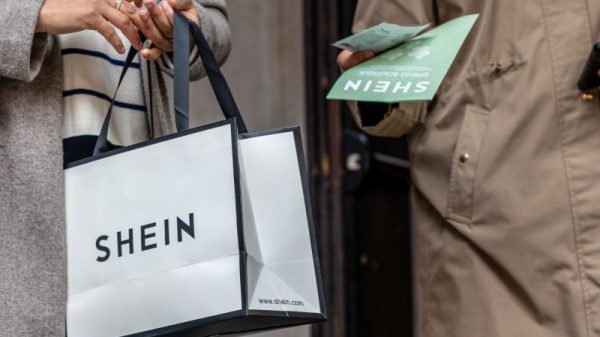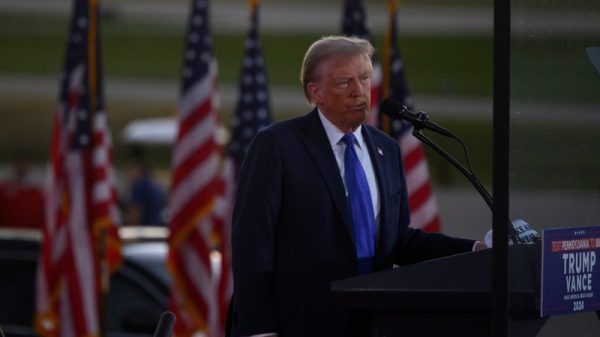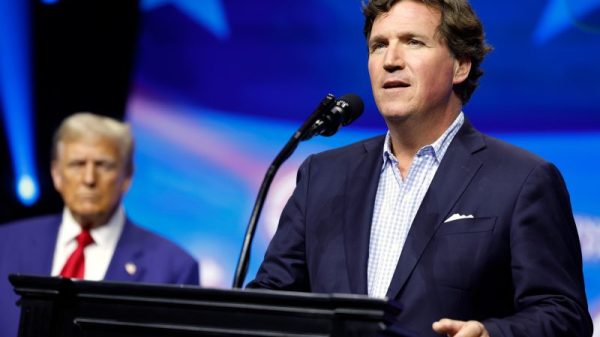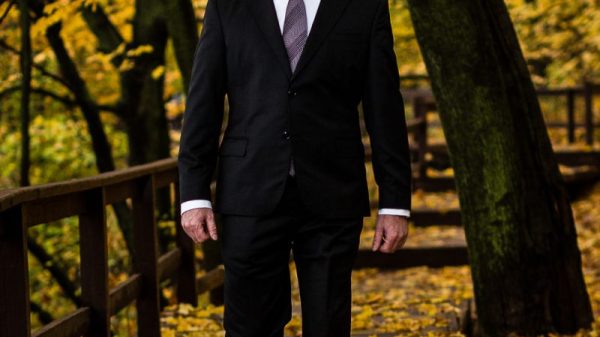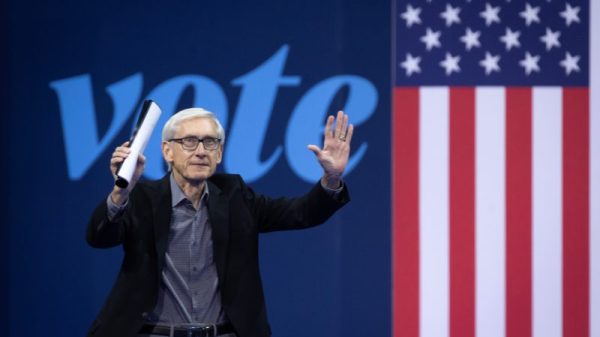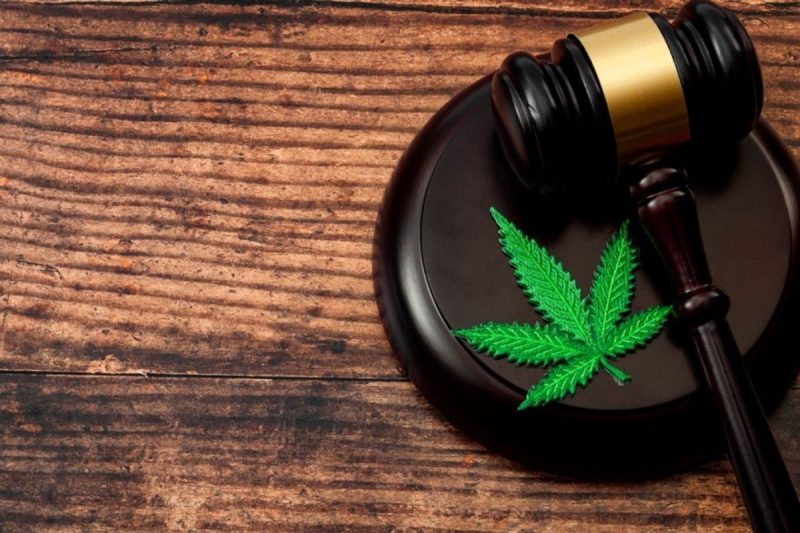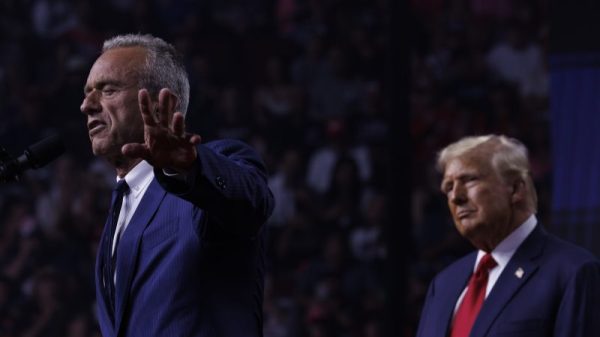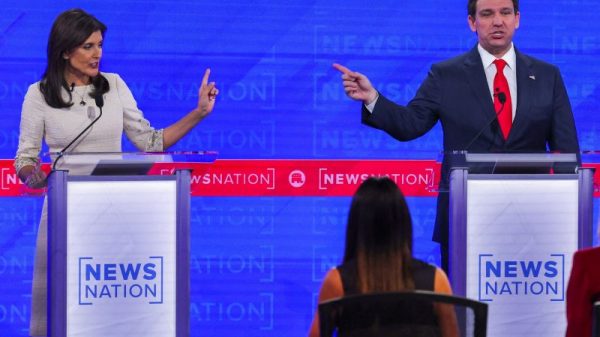Several Republican Party members have sent a letter to the US Drug Enforcement Administration (DEA) urging it to reject the US Department of Health and Human Services’ recommendation to reschedule cannabis.
Meanwhile, the DEA spoke publicly about the rescheduling process for the first time, and lawmakers in New Hampshire voted to reject a proposed amendment to a cannabis legalization bill, putting its future in the Senate in doubt.
Stay up to date on the latest news, trends and policy developments in the cannabis industry with our round-up below.
DEA addresses cannabis rescheduling timeline
DEA officials have publicly addressed the timeline for potentially rescheduling cannabis.
During a conversation on the DEA’s “Prevention Profiles: Take Five” podcast series, DEA Senior Prevention Program Manager Rich Lucey and DEA pharmacologist Buki Ebeigbe said they want to provide transparency on the issue of marijuana’s Schedule I status and its possible rescheduling as a Schedule III substance. This change was recommended by the US Department of Health and Human Services in August 2023.
According to the officials, it can sometimes take up to six months for the agency to complete an analysis of health officials’ recommendations. The assessment began on January 3, 2024.
Lucey and Ebeigbe stressed that the DEA’s review and recommendation process is independent of that of the Department of Health and Human Services; ultimately, DEA Administrator Anne Milgram will decide what to do.
Once the DEA completes its review and a decision is made, it will be published in the Federal Register and a public comment period will begin. Ebeigbe said the effect that public comments will have on the DEA’s rescheduling decision is “an absolute unknown.” A hearing could also take place before an official rescheduling.
Republican Senators urge DEA to reject rescheduling recommendation
Three Republican senators, led by Mitt Romney, have sent a letter to the DEA’s Milgram, urging the agency to reject the Department of Health and Human Services’ recommendation to reschedule cannabis.
The letter’s other signatories were Jim Risch and Pete Ricketts. The senators’ argument is based on the notion that rescheduling cannabis would violate international treaties and make it more difficult for the US to ensure that other countries maintain their drug control measures, “including for deadly narcotics like fentanyl.”
“Marijuana is controlled under the Single Convention — which is not surprising given its known dangers and health risks — and the United Nation’s International Narcotics Control Board (INCB) has fiercely criticized efforts to legalize marijuana in other countries as a violation of the treaty,” the letter states.
“Has the DEA consulted with key counterdrug partner nations about our shared obligations under the Single Convention and their views regarding a potential rescheduling by the United States?” asked the senators.
However, as a coalition of 12 other senators note in a letter sent to the DEA and the Biden administration earlier in the month, the United Nations revised global cannabis scheduling policies in 2020. Additionally, member state Canada legalized cannabis for medical purposes and adult use in 2018 without penalty.
New Hampshire cannabis legalization faces uncertainty
A New Hampshire House subcommittee has rejected an amendment to a recreational cannabis legalization bill that would have shifted the legislation away from an agency store model to a franchise model, as pe Marijuana Moment.
Under the agency store model, which resembles a traditional commercial marketplace, private cannabis businesses would be licensed to operate retail cannabis stores under the supervision of a state-run agency.
Through this model, the state would maintain control over the licensing, regulation and enforcement of the marijuana industry, while private businesses would handle the day-to-day operations of retail stores. This approach allows for a degree of privatization in the retail sector while giving the state oversight.
Republican Governor Chris Sununu was originally supportive of state-run retail stores, but considered the franchise system after a study led by Joseph Mollica, the state’s liquor commission chairman, presented it as an alternative and highlighted potential benefits, including private management, quality control and economic opportunities for entrepreneurs. The franchise model would also include a ban on lobbying and political contributions by franchisees.
However, the House subcommittee’s concerns with the franchise model led it to reject the amendment. The bill is now on its way to be voted on in the Senate, and some lawmakers are warning that the legislation may not be passed there in this form. At the time of this writing, a date for the Senate vote had not been set.
Kansas tables medical cannabis pilot program bill
In a decision that has been met with criticism, Kansas senators have decided to table SB 555, a bill that would have launched a medical cannabis pilot program for the state. The bill was scheduled for a hearing by the Senate Federal and State Affairs Committee on Thursday (March 28). Members voted to table the bill until January 13, 2025.
After several previous unsuccessful attempts to legalize medical cannabis, and with the most recent bill now tabled, the future of medical cannabis legalization in Kansas is effectively nonexistent this year.
While the proposed bill would have permitted pharmacies to sell medical cannabis, advocates argued that it was too restrictive and wouldn’t meet the needs of the patients. For one thing, it would have allowed just four vertically integrated cannabis operators across the entire state of Kansas. Additionally, patients would have needed to have one of 16 qualifying medical conditions with proof from a doctor. As for product availability, smoking and vaporizing cannabis products would have been banned. Instead, patients could buy up to 200 grams of cannabis pills, tinctures, patches or ointments for a 30 day supply, and all products would have a THC cap of 35 percent.
“Our goal is to provide relief for patients, while also balancing the concerns of legislators and conservative Kansans,” said Sam Jones, chief operating officer of Kansas Natural Remedies, which helped draft the legislation.
Florida Supreme Court must decide if cannabis will be on ballot
The Florida Supreme Court has been issued a deadline of April 1 by the Florida Constitution to decide whether cannabis legalization, as well as abortion amendments, will be included on the ballot in November. As of Thursday, the last regular release day before the Easter long weekend, the court had not issued an opinion.
With the deadline only days away, the court’s silence on the matter has surprised voters, and the fate of the proposed amendments remains uncertain as there are no provisions in place if the court misses its deadline.
While some speculators have suggested that the initiatives would be automatically included on the ballot if the court declined to deliver a decision, a source for Marijuana Moment has told the publication that might not be the case. “The Court can release opinions at any time,” he said. It is unclear why the court has delayed its ruling.
Securities Disclosure: I, Meagen Seatter, hold no direct investment interest in any company mentioned in this article.

